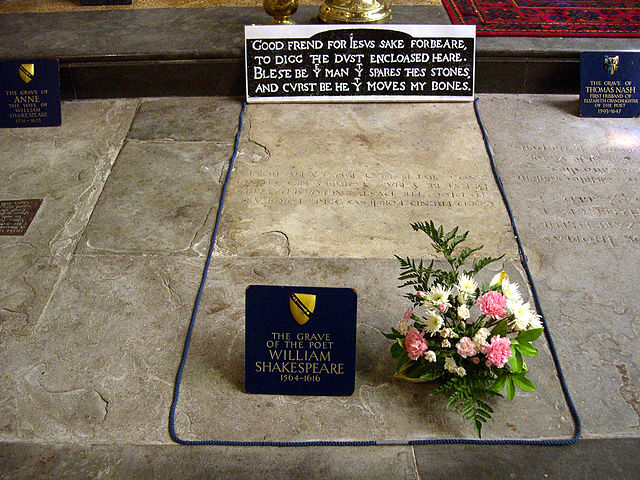SoundSpel is a regular and mostly phonemic English-language spelling reform proposal. It uses a 26-letter alphabet that is fully compatible with QWERTY keyboards. Though SoundSpel was originally based on American English, it can represent dialectal pronunciation, including British English. With roots extending as far back as 1910 but largely complete by 1986, SoundSpel was developed "in response to the widely held conviction that English spelling is more complex than it needs to be." The American Literacy Council has endorsed the reform because anglophones can easily read it. Additionally, according to its proponents, "[SoundSpel] is fully compatible with traditional spelling and can be mixed with it in any proportion desired."
Some common English words containing traditional spelling's infamous tetragraph ⟨ough⟩, written in SoundSpel
Spelling reform advocate and SoundSpel developer Edward "Ed" Rondthaler in 2004
English-language spelling reform
For centuries, there have been movements to reform the spelling of the English language. It seeks to change English orthography so that it is more consistent, matches pronunciation better, and follows the alphabetic principle. Common motives for spelling reform include quicker learning, cheaper learning, and making English more useful as an international auxiliary language.
President Theodore Roosevelt was criticized for supporting the simplified spelling campaign of Andrew Carnegie in 1906.
The epitaph on the grave of William Shakespeare spells friend as frend.




